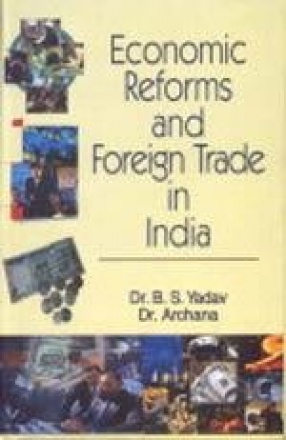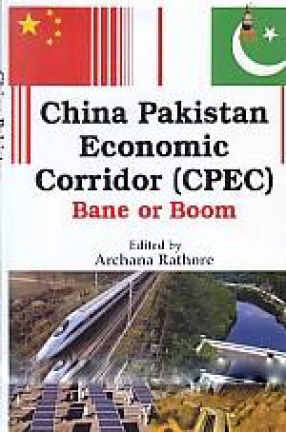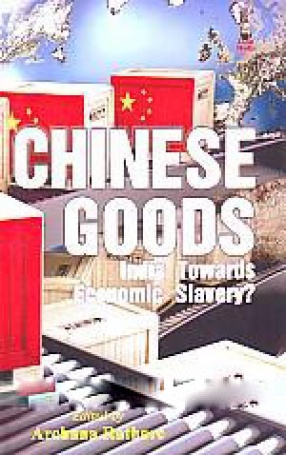Economic Reforms and Foreign Trade in India
Synopsis
International trade has a significant role to play in the economic development of a nation. Being an engine of growth, it breaks the boundaries of nations as well as enjoins them. It gives opportunity for specification and brings in advantage of technical efficiency. Prior to mid-1991, foreign trade of India suffered from strict bureaucratic and discretionary controls. Liberalization of external trade formed an important part of first generation economic reforms launched in 1991. To reduce controls, simplify procedures and to create a congenial environment for trade, the government made a Statement on Trade Policy in Parliament on August 13, 1991, ushering a new era in the Foreign Trade Policy of India. Instead of controls and regulations, the focus shifted to promotion and development of foreign trade. Thus, apart from domestic trade reform measures, nineties also witnessed major changes in International Trade Policy in the form of completion of Uruguay Round during April 12-15, 1994 and formation of WTO from January 1, 1995. These internal and external trade policy changes have far reaching impacts on value, commodity composition and direction of trade and balance of payments of the country. Therefore, the present study, analyses the impact of economic reforms on the value, commodity composition and direction of foreign trade in India since 1991.
Read more
65.70
59.13
$
73.00 $
Free delivery Wolrdwidе in 10-18 days
Ships in 1-2 days from New Delhi
Membership for 1 Year $35.00
Get it now and save 10%
Get it now and save 10%
BECOME A MEMBER











Bibliographic information
Archana